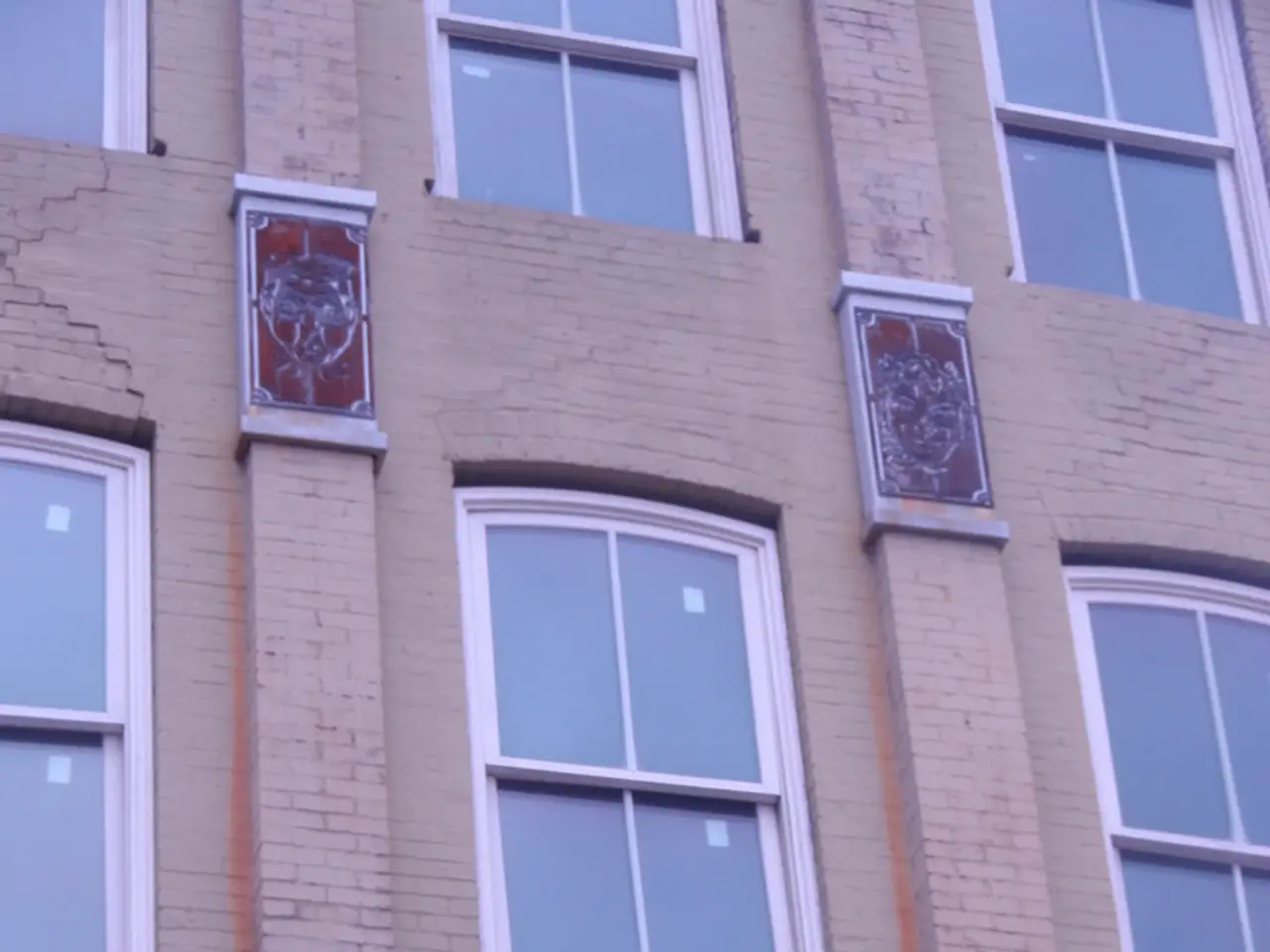The selection explores how safety, power, and solar efficiency will influence the type of glass chosen for a glass addition project.
In the world of home renovations, glass extensions have become increasingly popular for their sleek, modern aesthetic and the abundance of natural light they bring. But with this trend comes the question of what type of glass to use for these expansive structures. Rebecca Clayton, a renowned architect, and Edward Stobart, a glass specialist, share their insights on the ideal glass choices for glass extensions, box extensions, and glass roof extensions.
For safety and durability, the recommended types of glass are primarily toughened (tempered) glass and laminated glass. Toughened glass, heat-treated to be stronger than regular glass, is standard for exterior applications. It shatters into small, blunt fragments rather than sharp shards, reducing injury risk. Laminated glass, consisting of layers of glass bonded with a plastic interlayer, enhances security, prevents penetration when broken, and offers UV protection. Often, these two types of glass are used in combination depending on specific needs like safety, security, thermal performance, and solar control.
Rebecca Clayton recommends 'Low Maintenance Glass' for glass extensions, which includes an invisible protective coating applied to the external face, reducing cleaning frequency. This coating also resists weathering, making it an ideal choice for those seeking a hassle-free glass solution.
IQ Glass offers a product called Heated Glass, which acts as a transparent electrical heating source, suitable for heating spaces such as glass extensions. This innovative solution provides an efficient means of heating while maintaining the sleek, modern look of glass.
For structural glass applications like roofs and box extensions, the glass must meet load-bearing and impact resistance standards. Larger glass panels require certifications for strength and wind load compliance, and multi-layer laminates can be tailored for these needs. Storm-rated safety films or coatings may also be applied for enhanced impact resistance during severe weather events.
When it comes to thermal and solar considerations, double or triple glazing is common to improve insulation in glass extensions and roof systems, balancing heat retention with solar gain control. Solar control glass or coatings can reduce heat from sunlight entering the space, enhancing comfort and energy efficiency.
Additional functional factors to consider include noise reduction (acoustic glass), UV protection to prevent fading of interiors, and fire resistance (if required by local codes). Toughened laminated glass, which combines the high strength of toughened glass with the security benefits of laminated safety glass, is a popular choice for those seeking a versatile solution.
Edward Stobart confirms that triple glazing achieves U-values as low as 0.8 W/m2K, but may not be suitable for extensively sized glass extensions due to weight limitations. He also suggests looking for self-cleaning glass for glass roofs, which uses natural sunlight and rainwater to break down and wash away dirt.
Modern high-performance double glazing is substantially better than existing windows and doors, so triple glazing is not always required. Rebecca Clayton's company's most popular solar control glass type, the 70/35 coating, maintains 70% natural light transmission while significantly reducing overheating.
To help determine budget for a glass extension project, a guide to glass extension costs and an online extension costs calculator are provided. Consulting a design professional or specialist glass supplier to ensure building regulation compliance and optimal performance is strongly advised for these applications. With the right glass choices, a glass extension can be a beautiful, functional, and energy-efficient addition to any home.
- In the realm of home renovations, glass extensions are popular for their modern aesthetic and natural light, but the question of suitable glass types arises.
- Toughened and laminated glass are recommended for safety and durability in glass extensions, box extensions, and glass roof extensions.
- Toughened glass, heat-treated to be stronger than regular glass, is standard for exterior applications and shatters into small, blunt fragments.
- Laminated glass, made of layers of glass bonded with a plastic interlayer, enhances security, prevents penetration, and offers UV protection.
- Rebecca Clayton recommends 'Low Maintenance Glass' for glass extensions, which has an invisible protective coating on the external face for reduced cleaning frequency.
- IQ Glass offers Heated Glass, a transparent heating source suitable for heating spaces like glass extensions, providing an efficient means of heating.
- For structural glass applications like roofs and box extensions, glass must meet load-bearing and impact resistance standards, with larger panels requiring certifications.
- Double or triple glazing improves insulation in glass extensions and roof systems, balancing heat retention and solar gain control.
- Solar control glass or coatings can reduce heat from sunlight entering the space, enhancing comfort and energy efficiency.
- Additional functional factors include noise reduction, UV protection, and fire resistance, with toughened laminated glass combining high strength and security benefits.
- Edward Stobart confirms that triple glazing can achieve U-values as low as 0.8 W/m2K but may not be suitable due to weight limitations for extensively sized glass extensions.
- Self-cleaning glass is suggested for glass roofs, using natural sunlight and rainwater to break down and wash away dirt.
- To determine budget for a glass extension project, a guide to glass extension costs and an online extension costs calculator are provided, with consulting experts strongly advised for building regulation compliance and optimal performance.








